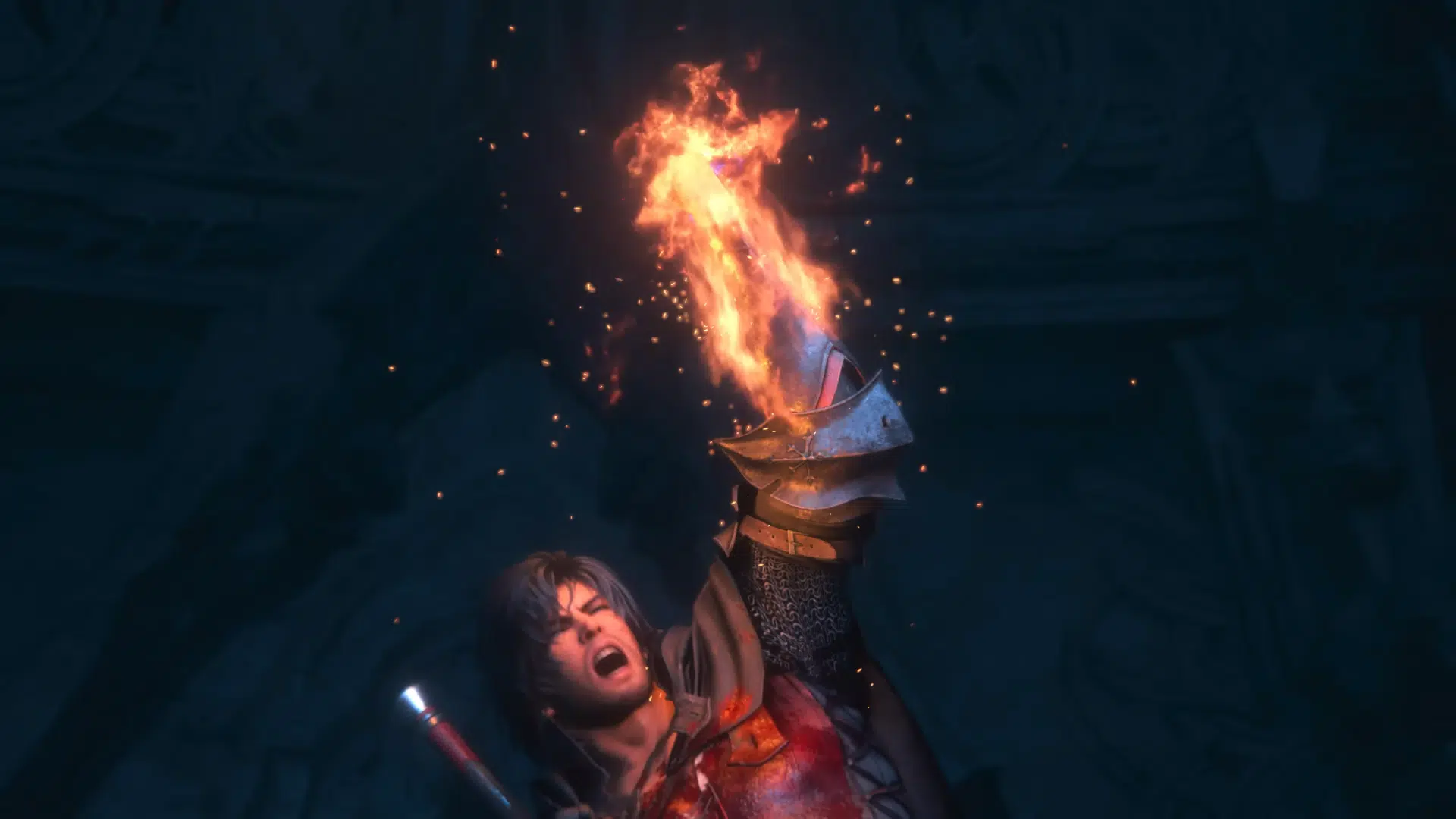Just the other day, Square Enix held a Final Fantasy 16 launch party where a demo for the game was announced, we got an awesome live-action trailer that we wished were a real movie, and even a Final Fantasy 16 pre-launch celebration Q&A!
- Related Reading: Final Fantasy 16 Demo Download Links Now Available on the PlayStation Storefront, File Size Revealed
Taking part in it are Creative Director Kazutoyo Maehiro, and Localization Director Michael-Christopher Koji Fox. Read on for the full interview since it’s a look at the design process devs go through with a massive game like Final Fantasy 16.
Final Fantasy 16 Pre-Launch Celebration Q&A:
Q: I’ve seen online a few comparisons to Game of Thrones; there’s definitely a dark fantasy vibe going on. Do you agree with those comparisons, and if so, in what ways?
Kazutoyo Maehiro: Game of Thrones is a fantastic piece of fantasy, and I’m a fan myself. I think the most significant inspiration we took from it was the art direction. As you all know, Game of Thrones is a work of fantasy, and that means it has these really unique character designs, settings, and worlds, but at the same time, they all feel like they could exist in real life. That’s throughout the whole of the series, everything is sort of really directed with this great balance and keeping it all together.
You know, this might look quite easy, but it’s actually super difficult to achieve. It’s because it’s a real case of balance, and as soon as that balance gets thrown off, people watching or reading are going to think, “there’s something not quite right here,” and as soon as that gets into their heads, it’s going to completely break immersion.
What we wanted to do with 16 is achieve something similar with that really high level of immersion. That’s the way we approached it from the story, game design, levels, even the background music, we really want to create this immersive world. But of course, 16’s story is its own unique story. It’s the tale of Clive Rosfield. There will be political aspects, there will be moral quandaries within the story, but first and foremost, it’s just a real focus narrative on Clive Rosfield’s story.
Michael-Christopher Koji Fox – I wouldn’t say though, that Games of Thrones gets to lay sole claim to all of the brothels, and evil mothers, and brutal beheadings in fantasies. But that said, we did use Game of Thrones television series as kind of a guideline as how we’re going to approach the level of tone of dialogue in the game. We wanted to do something that was fantasy, and felt really fantasy, but was not going to alienate users that weren’t really familiar with that older type of English that is attributed to fantasy literature.
Game of Thrones had this really good balance of authenticity mixed with this maturity and also familiarity that ultimately felt really dramatic, as well as accessible, and we wanted to emulate that. It has that feeling, when they say something, oh that’s something I would say if I lived in that time.
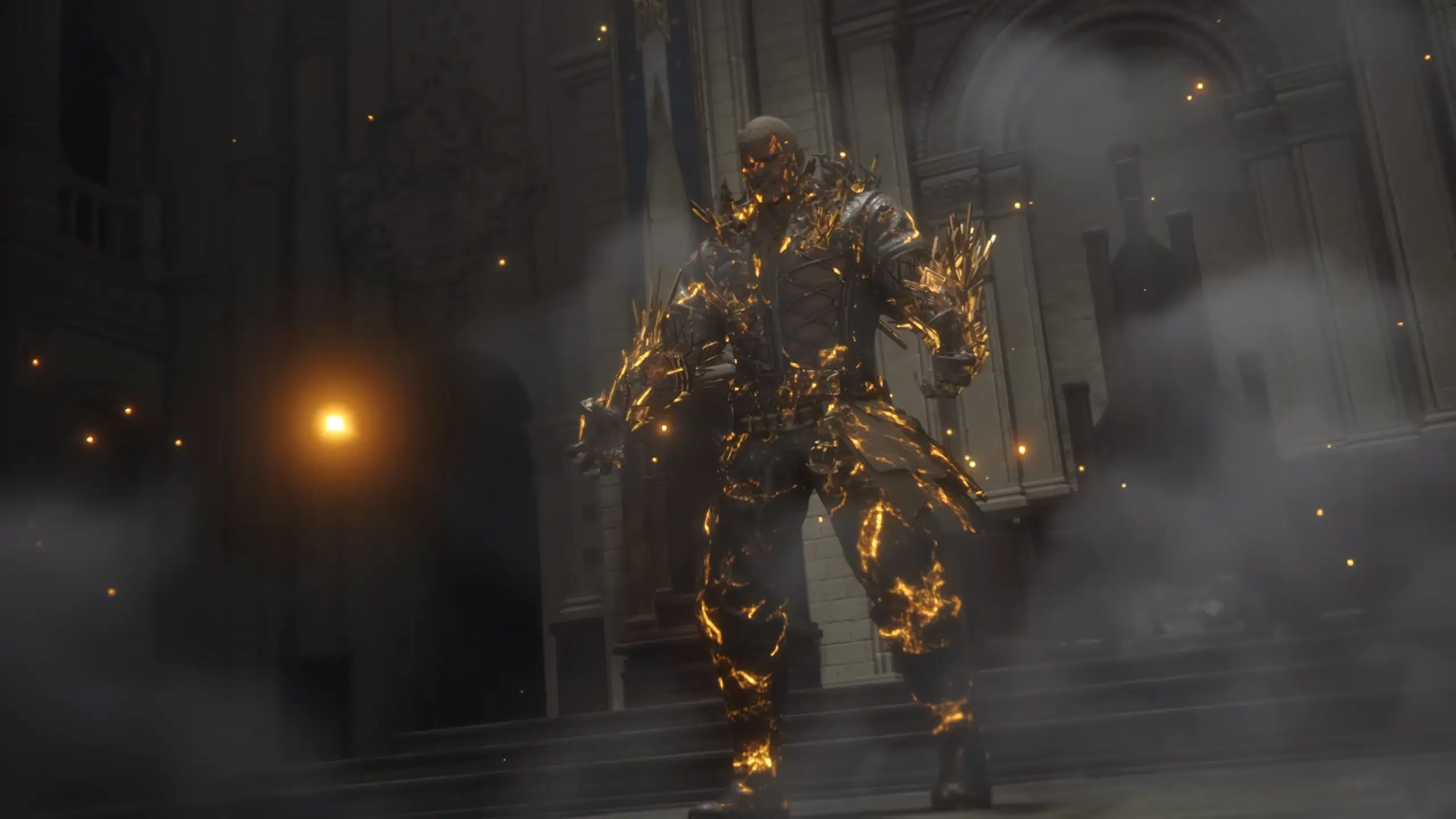
Q: So, moving on from Game of Thrones, the game spans three decades of Clive’s life. The protagonist, of course. What can we expect from these different time periods?
Kazutoyo Maehiro: So you know, as I mentioned in my previous answer, 16 is the story of Clive Rosfield. And by taking these three different time periods, so his privileged teenage years, his revenge-driven twenties, and his thirties, where he’s experienced a little bit more and sort of has that under his belt. By depicting these three different eras in Clive’s life, we’re able to show you how his life progresses and how Valisthea changes from his perspective and through his eyes.
And, of course, as you move through these different time periods, the world itself will change, and there will also be all kinds of encounters and partings with different characters waiting for you in each one.
Michael-Christopher Koji Fox: I mean, ultimately, Final Fantasy 16 is about finding what exactly it is that drives Clive. How he navigates through this kind of period of self-loathing and then self-discovery, and then ultimately, how he comes to accept himself and his role in the world.
But that said, finding oneself is not something that usually happens in a day or a day and a half, 40 hours of gameplay. It’s something that takes years.
It’s driven by a lifetime of experience and encounters. And to make that progression feel very natural, the only reasonable course was to stretch the story out over multiple periods of Clive’s life.
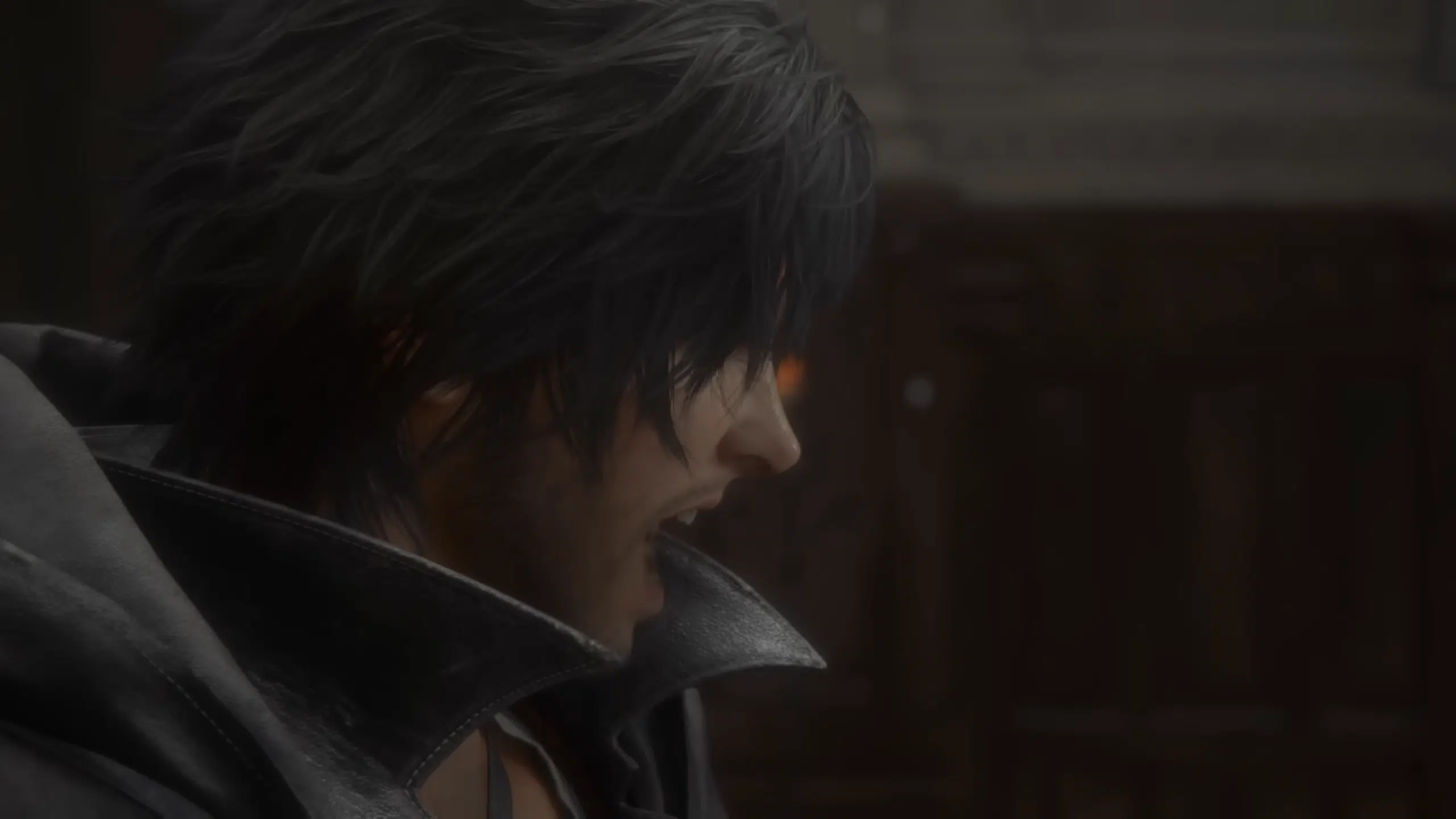
Q: Something that I know the team has done to make it easier for players to actually track all of Clive’s relationships throughout this course of time is Active Time Lore. This is something in the game that can be activated during cutscenes and it’ll tell you who’s who, what’s happening with them, how you’re related to them. I can’t think of many games that have done this. How did you come up with the idea and how do you feel it will help players?
Kazutoyo Maehiro: So, first of all, that’s a really great question. Thank you. I have a question for you guys. Have you ever been playing a game, watching a film, watching some TV, and then this character comes up and you’re like, “Oh, no, who’s that guy?” Or the scene changes, and you’re like, “Wait, where is this?” Yeah, I get that all the time.
And, you know, if you keep trying to play or keep trying to watch, but you just have that question gnawing away at you, it really takes you out, it ruins the immersion, and it’s just constantly on your mind, right?
So we put this Active Time Lore system into the game because I thought, wouldn’t it be great if you could just resolve that question inside the game itself?
So Active Time Lore gives you access to lots of information in the game, but it doesn’t give you access to all information at all times. It selects the information that’s most important to the player at that moment in time. So, for example, if you call it up during a cutscene, it might give you the information on the characters that are actually appearing. And if you call it up when you’re playing in a particular location, it might give you information on where you are at that point in time.
And so that means that you can just look up the information that you want to know straight in the game and then jump straight back into playing. So I think that it should really help out players in that sense.
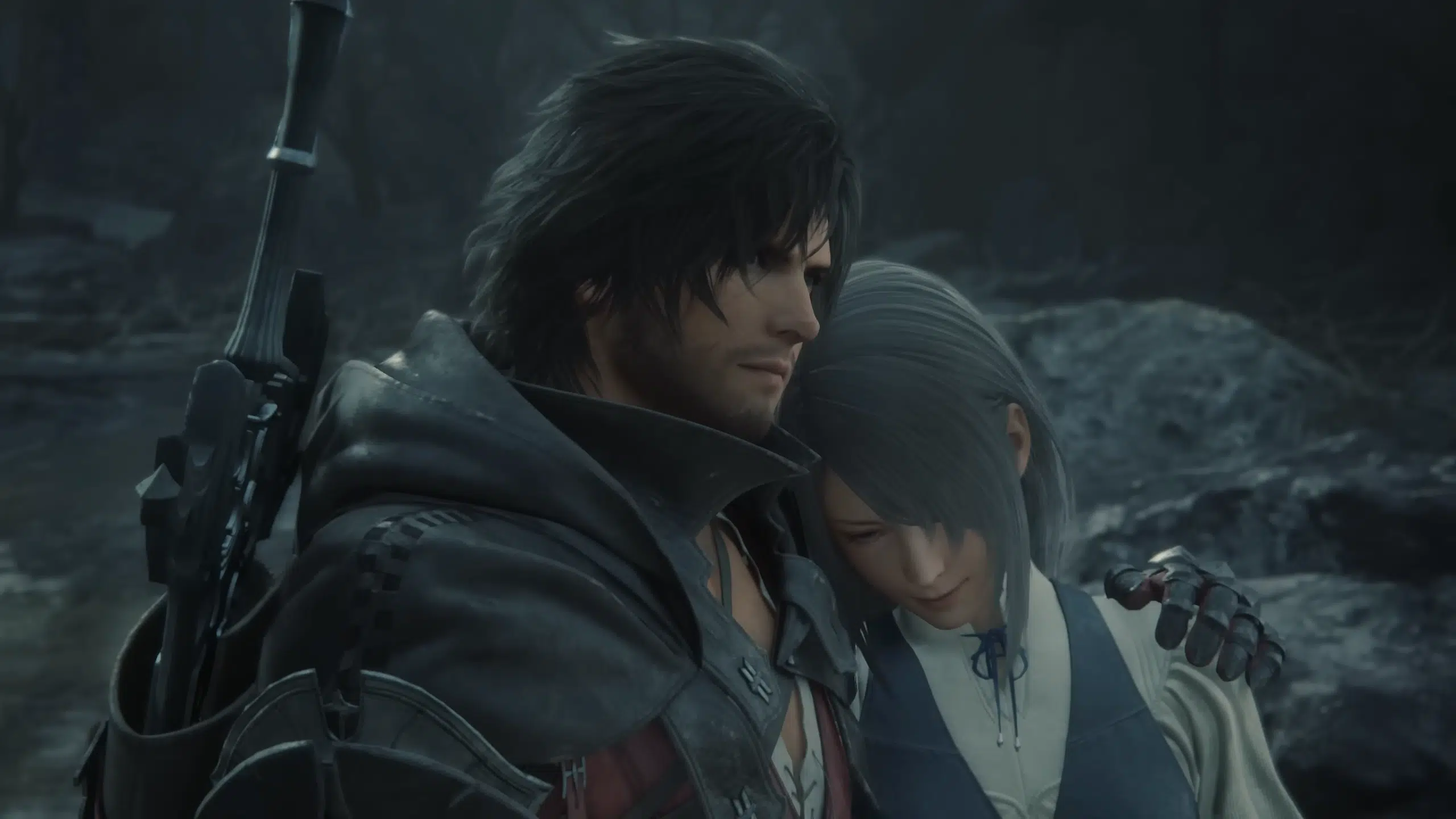
Q: And no spoilers. Apart from Active Time Lore in the State of Play, you guys briefly showed us a few in-game characters I thought would be very cool in regard to keeping up with what’s going on in the story and the LoreActive Time knows.
Michael-Christopher Koji Fox: In Fantasy 16, we have these two great characters you see up on the screen. We have our lords man Harpocrates, and we have Vivian Ninetales, who help out with the game’s lore.
Q: So again, no spoilers. I’m not going to ask you for their full backstories, but could you tell us what their function is and how you think they’ll help players?
Kazutoyo Maehiro: So both Vivian and Hippocrates are available to tell players more about the world of Final Fantasy 16 whenever there’s something they want to know. So let’s talk a little bit about Hippocrates first. His name is a little bit of a MOUSEFUL, but he is a lovely and kind gent.
Hippocrates is someone who researches the history and customs of Valisthea. And when Clive comes back from his adventures and tells him about what he’s seen and heard, Hippocrates will note that down in his record. And for example, he’ll make a note of everything that appears in the Active Time Lore system we were just discussing. So you don’t need to worry about missing anything in the heat of the moment. We had a little bit of a video earlier showing you this, but as you give him more and more information about Valisthea, Hippocrates will level up, and when he does, he’ll also discover new lore for you that you can uncover that way.
So if there’s anyone out there who’s interested in learning more about the lore and the world of Valisthea, I really recommend that you speak to him very often.
Michael-Christopher Koji Fox: All right. And so Maehiro talked a little bit about Hippocrates, so I’ll talk a little bit about Vivian Ninetales. So while Hippocrates is more of an expert on Balacia’s past, Vivian is more in tune with what’s going on currently.
And so Clive is a very busy man. He’s off saving the world, saving people, doing all of these different things. But while he’s doing all that, a lot of other stuff is happening in the very large realm of Valisthea. And so he doesn’t always know what’s going on. So he’ll come back to the hideaway. He’ll want to figure out what’s going on. He can go to Vivian, and Vivian will tell him all about what’s happening in the other nations.
And so Vivian will give you these kinds of reports and these updates. You can kind of compare it to the Brave story from Final Fantasy Tactics. But the one thing that’s different is that with Brave story, it was all text, so the player would have to read a lot of stuff, and we didn’t want to have that be a barrier for the players this time. So we wanted to make that a lot more visual. And that means using lots of maps. We have videos that she will show you and also have that you saw that wonderful, kind of the little circles, crazy person looking to find out where the killer was and have all the strings attached. That is something we also wanted to do because we wanted to make it a very visual experience so that you would look at it and know exactly what was going on.
Beyond the lore, probably the coolest thing about these two characters is they’re not just there for the lore. They’re actually characters that are in the game, that are a part of Clive’s lives and have their own stories as well. So Clive will be able to learn more about these two via these great side quests to learn about what drives them and how they came to be with Clive.
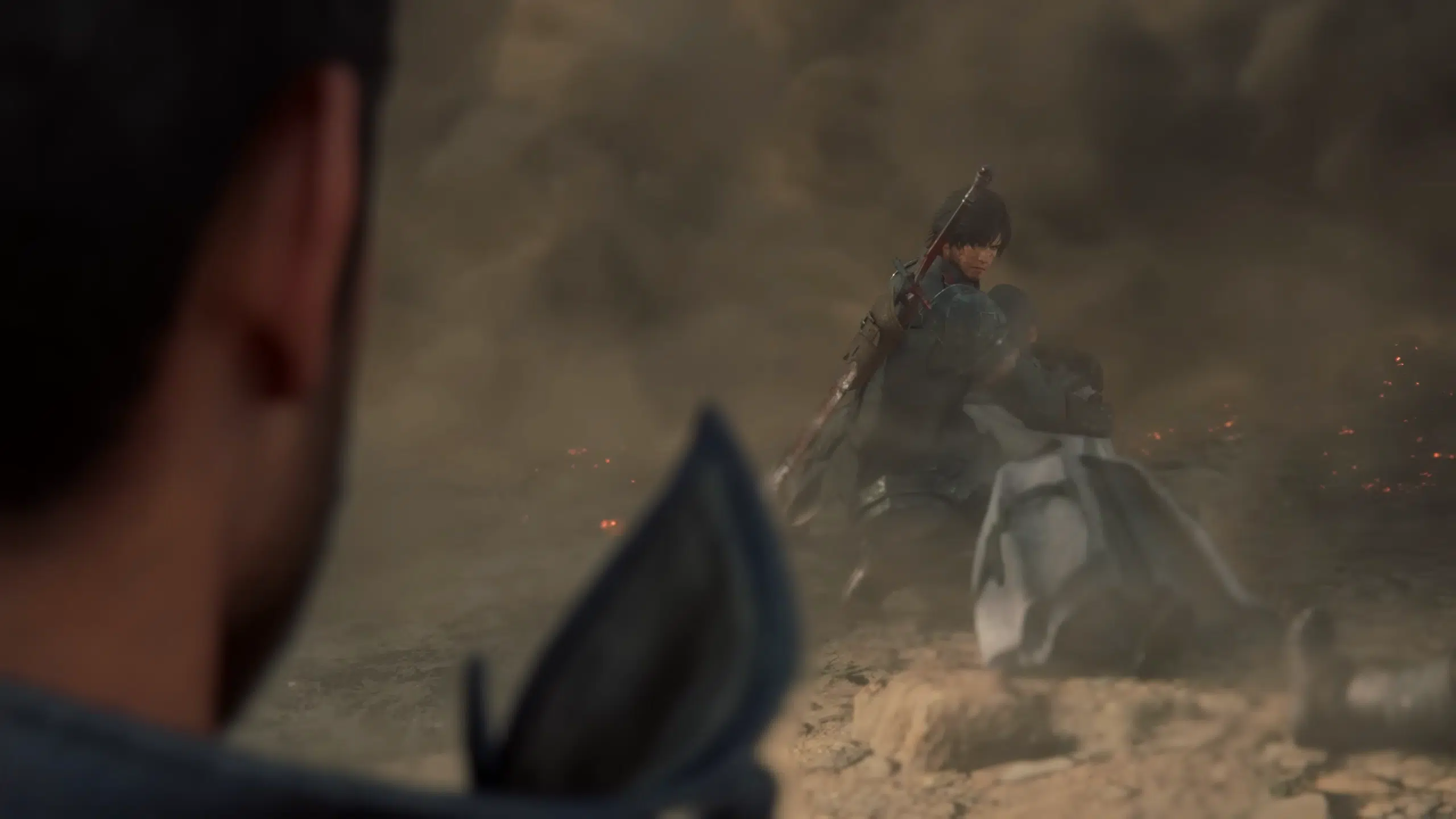
Q: There’s some more stuff that you guys showed in the state of play that I’m also excited about. One thing you showed up was side quests. I’m a big side quest person. I imagine everyone in this room is, too, where Final Fantasy is concerned. I mean, it just helps us get immersed in the world and learn more about what’s going on even outside of these two characters. So what can players expect from the side quests in this game? And do we get any bonuses or what kind of experience do we get from doing side quests?
Kazutoyo Maehiro: There are lots of different ways to approach making quests for games. And the approach that we took for 16 was to ensure that each and every quest had a proper story.
So, for example, say you have a quest that’s like, go defeat three goblins. We’ve made sure to really put a story around it. So it’s why are the goblins there? Why do you need to go and defeat them? And so by engaging with the side quests, players will be able to sort of learn more about Valisthea, more about what’s going on, and really engage with that content there.
We have, of course, made sure that quest placement has been done from a game-wide overall perspective. So they won’t be, the side quest won’t be there getting in the way of the main story. They’re there, and they’re available for players to do when they want to take a little bit of a breather. And, of course, as you mentioned, completing quests will get you gill, get you experience points, but it will also earn Clive renown. The more Clive’s renown builds, he’ll find that he gets donations from people who support his cause. Some of those donations may be items, and some of those items may be quite rare.
Depending on the quest, there may be some other ones as well that give you sort of improvements and upgrade your systems, your skills, your gear, like giving you more maximum number of potions that can be held, things like that. So I hope you’ll all get out there and enjoy playing lots of the side quests.
Michael-Christopher Koji Fox: But I think what is kind of important is what Maehiro said about how these quests don’t really get in the way of the main scenario. While some players want to learn everything they can about the world. Myself being one of those players, some want to just focus maybe on just the main story or want to focus just on the action and not feel like they’re being forced into that side content in order to progress.
So we wanted to create this system that catered to all those types of players. And so while Final Fantasy XV’s content and that side content is intricately woven into the main scenario and it supplements it and it enhances it, skipping it will not affect your ability to join the game and understand that central narrative. Although I do recommend you play them because they’re really good questions.
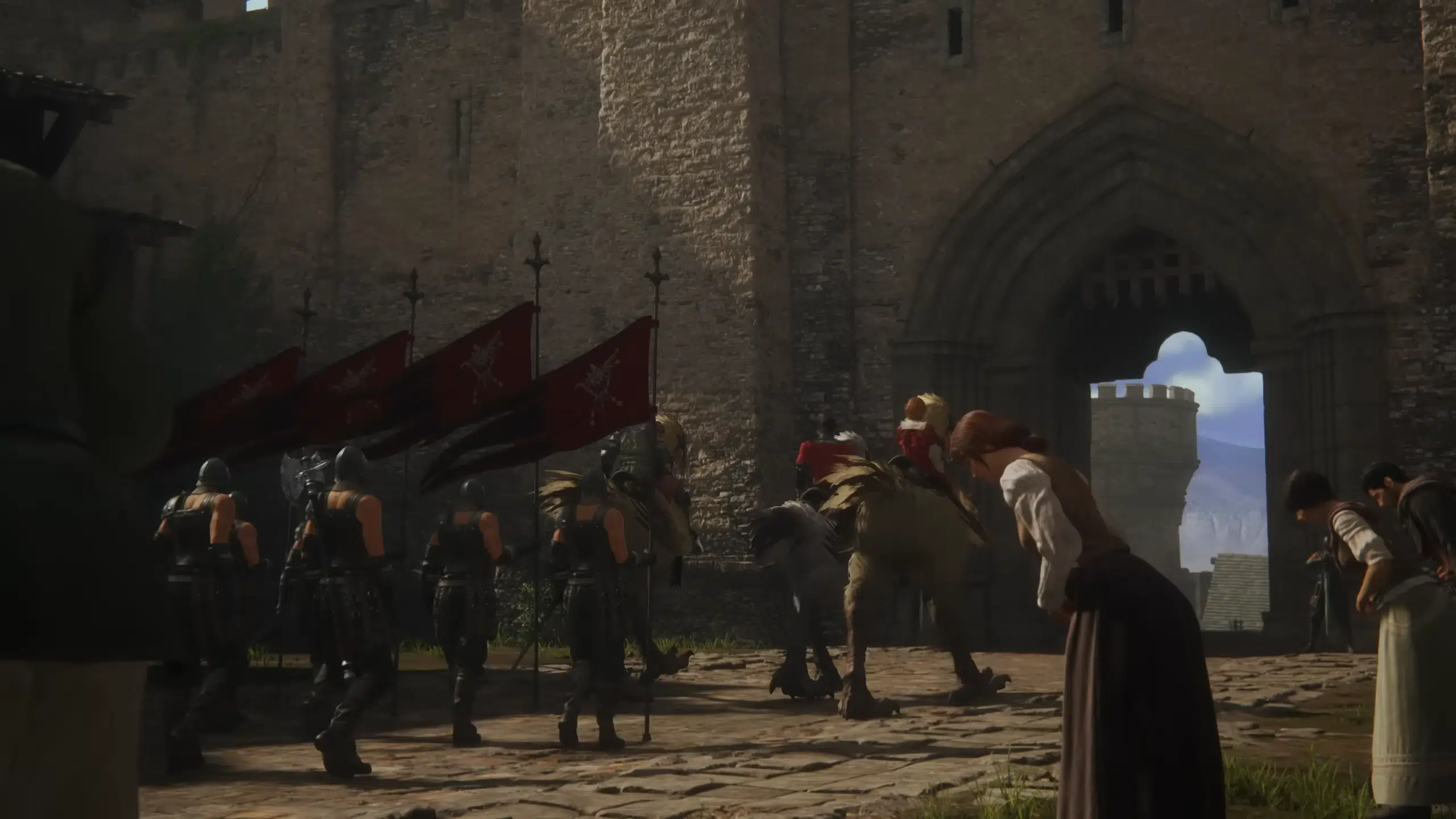
Q: I have one last question for you before we have to go. I think to both of you, maybe a complicated question. What do you think makes a Final Fantasy story?
Kazutoyo Maehiro: So this isn’t just applicable to Final Fantasy, but one of the things that I think makes a really good story is making sure that it doesn’t break the immersion. So, for example, if you’re playing a game and the game design and the scenario, the narrative aren’t aligned very well, that could be very jarring. So, for example, if you’re playing it and the main character’s thoughts and feelings don’t match up with what the player feels, that can really take you out of it. And, you know, if you were really immersed in this game and then all of a sudden you find yourself taken out of it and just completely can’t get back into it, it ruins the experience. And some people might just walk away, stop playing the game. I’m sure that’s happened to lots of people here.
What we’ve really aimed for with Final Fantasy 16 is to create this story, this narrative experience, where once you pick up the controller, you’re not going to be able to put it down again, you’re not going to want to be able to put it down. And so to me, that’s what I really think a good story and a good narrative is. And, you know, with Final Fantasy 16, we’ve really put our all in our hearts into creating this. So I really hope that you’ll all play the story, enjoy it, and once you’ve got to the end of it, you’ll let us know what you thought.
Michael-Christopher Koji Fox: Yeah, I think that what is most important in the game is that the storytelling doesn’t just take place in the quest, doesn’t just take place in that main scenario, that it takes place throughout the whole world. Whether that means random NPC chatter or maybe some signs on stores or some books that you find in a house lying about town, or maybe on maps or in letters or maybe even in the names of places that you see on a map or item help text, Valisthea is full of tales beyond just Clives. There are tens of thousands of people living in this realm, and they all have their own stories. And we want to put those stories in the game as well, so players can see that as well. And they’re there. I mean, we don’t push that on the player, but if you look, you’re going to find that stuff.
And one more thing about great storytelling, you always gotta have some bad puns.
Final Fantasy 16 will be released this June 22 exclusively on the PS5.
